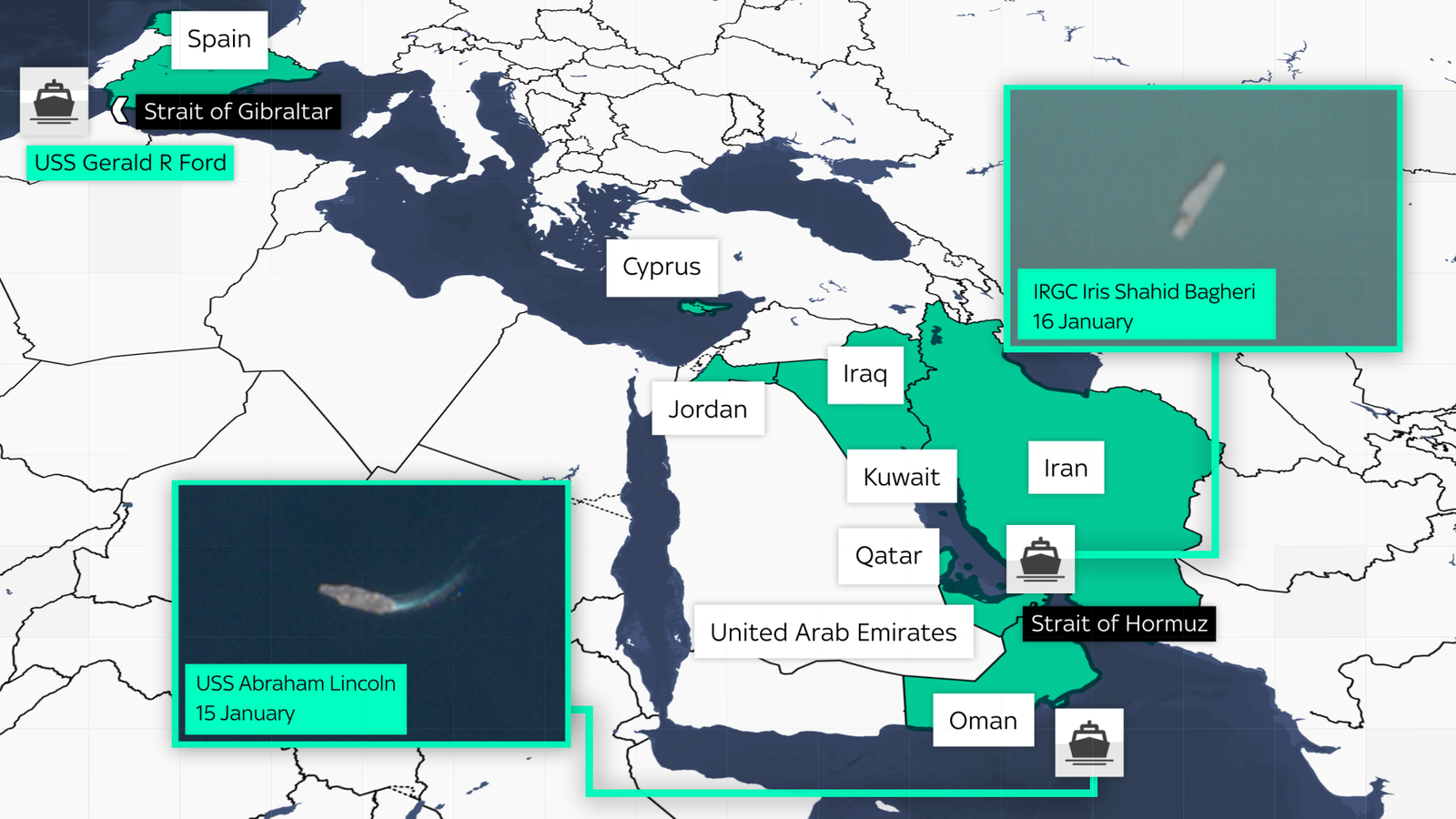MEPs have expanded the “blacklist” of the Unfair Commercial Practices Directive in order to offer better protection online marketplaces.
The updates to EU consumer protection rules to tackle misleading rankings in online marketplaces and dual quality of products in the EU were approved by the Internal Market and Oncusmer Protection Committee on Tuesday by 37 votes to one, with one abstention.
Under the changes, which must be approved by the plenary before negotiations with Council can start, online marketplaces and comparison services (e.g. Amazon, eBay, AirBnb, Skyscanner) will have to disclose the main parameters determining how offers resulting from a search query are ranked and whether the authenticity of products’ reviews is checked.
Consumers should also be able to know who is actually selling the product or service and be provided with clear information prior to a purchase.
MEPs added to the “blacklist” of the Unfair Commercial Practices Directive (Annex I, listing the practices prohibited in all circumstances), amongst others:
- misleading consumers by stating that a review is truthful when no reasonable and proportionate steps have been taken to ensure that it is,
- providing information in response to a consumer’s online search query in order to promote a product where a trader has directly or indirectly paid to promote or prominently place it, bypassing the main body of search results, without making that clear to the consumer.
Dual quality of products
This legislation also tackles the so-called “dual quality of products” issue, i.e. when products which are marketed under the same brand differ in composition or characteristics.
MEPs consider creating the impression, by its appearance or description, that a good is seemingly identical to another good marketed in another member state when it is not to be a misleading practice, and added it to the unfair commercial practices’ blacklist.
They agreed that goods could only differ “on account of clear and demonstrable regional consumer preferences, the sourcing of local ingredients or requirements of national law, while this distinction is clear and comprehensively marked so as to be immediately visible to the consumer”.
More deterrent penalties
For cross-border infringements (i.e. those harming consumers in at least three EU countries or two countries other than that of the trader), the maximum amount of fines must be set at €10,000,000 or at least 4% of the trader’s annual turnover in the previous financial year in the member state(s) concerned, “whichever is higher”.
Consumers keep cooling-off period to return goods
MEPs rejected the Commission’s plans to reduce consumers’ rights to return goods. They reinstated the so-called “right of withdrawal”, i.e. the 14-day cooling-off period during which goods bought online can be returned.
This proposal, which is part of the “New Deal for Consumers” package presented last April, amends four consumer rights’ directives, namely on Unfair Commercial Practices, on Consumer Rights, on Unfair Contract Terms and on Price Indication.
















